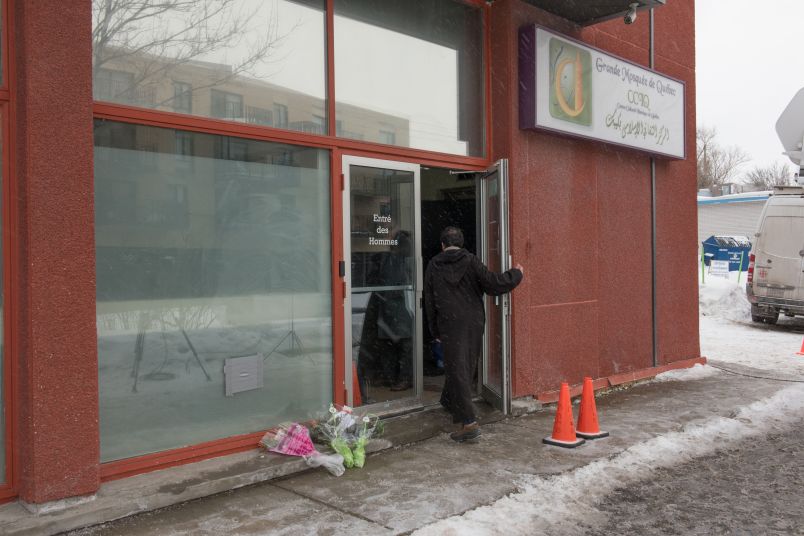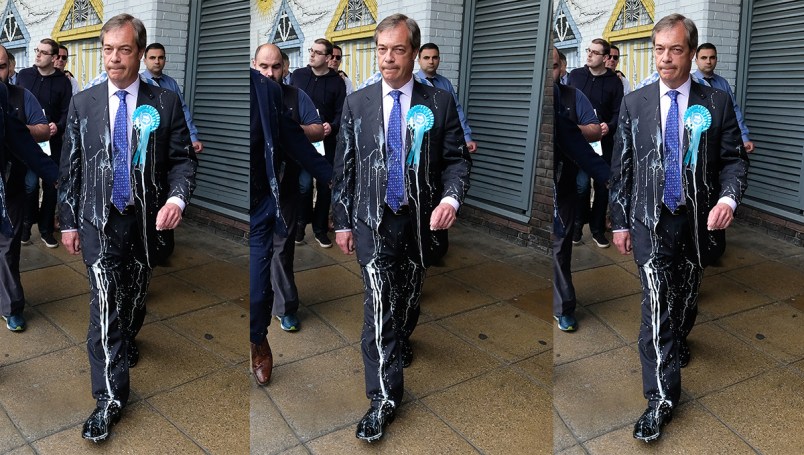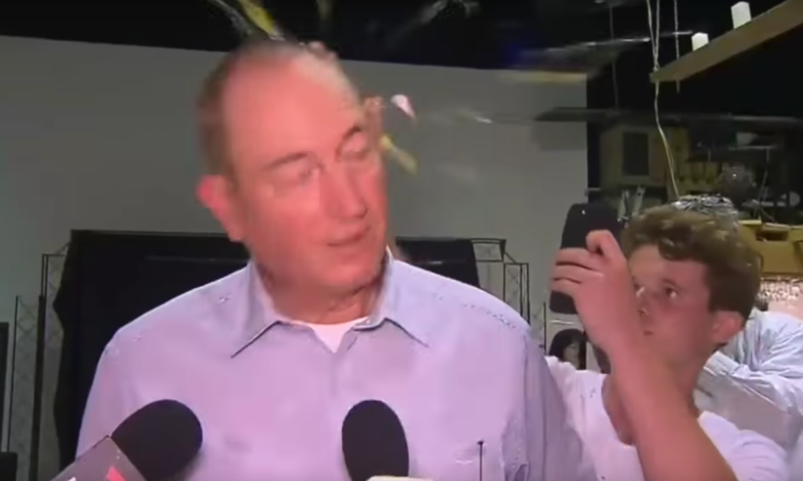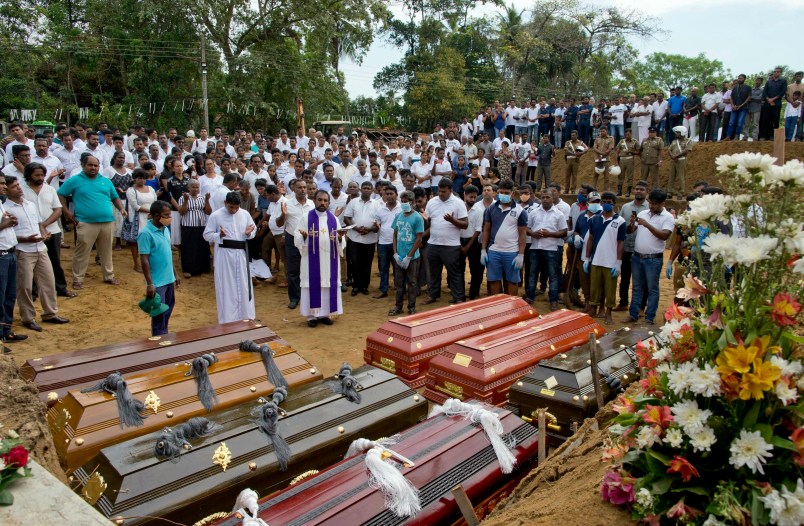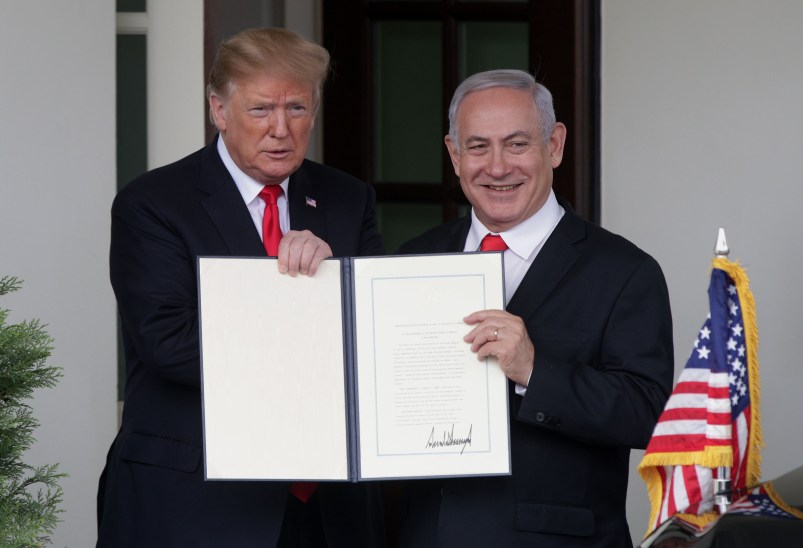QUEBEC CITY (AP) — The man accused in the slayings of six men at a Quebec City mosque asked for forgiveness Wednesday after changing his mind and pleading guilty.
Alexandre Bissonnette faced six charges of first-degree murder and six of attempted murder. More than 50 people were at the Islamic Cultural Centre in January last year when the shooting began during evening prayers. Six men aged between 39 and 60 were killed.
“Every minute of my existence I bitterly regret what I did, the lives I have destroyed, the pain and suffering I have caused to so many people, without forgetting the members of my own family,” Alexandre Bissonnette said as he read out a letter in court. “I am ashamed of what I did.”
Bissonnette, 28, spoke to the court shortly after a judge accepted his guilty pleas. Many people in the courtroom burst out sobbing and held hands as the judge confirmed the guilty pleas.
He originally pleaded not guilty to the 12 charges Monday morning but that afternoon announced he wanted to plead guilty.
Superior Court Justice Francois Huot refused to accept the pleas Monday pending a psychiatric assessment of the accused to ensure he fully understood the consequences of his decision. Huot placed a publication ban on Monday afternoon’s proceedings but agreed Wednesday to accept the 12 guilty pleas.
In reading his letter, Bissonnette said he had been “overcome by fear, by negative thoughts and a sort of horrible kind of despair” before the shootings.
“It’s though I was battling a demon that finished by winning out … I would like to ask for forgiveness for what I did, but I know my acts are unforgivable.”
On Monday, Bissonnette said he wanted to plead guilty in order to “avoid a trial and for the victims to not have to relive this tragedy.”
Bissonnette told the judge then he had been thinking for some time of pleading guilty but that he was missing certain pieces of evidence, which were relayed Sunday.
When Huot asked him if he was fully aware of what he was doing, Bissonnette replied, “Yes.”
Huot asked Bissonnette whether he knew he would be getting a life sentence and he answered, “I understand.”
Huot also asked him if he understood he could receive consecutive sentences, meaning 150 years of prison.
“I know,” Bissonnette replied, in a low voice.
Psychiatrist Sylvain Faucher said Bissonnette “is fit to stand trial and to plead what he wants to plead.”
“He did not want to be the perpetrator of another collective drama,” said Faucher, who met with Bissonnette on Monday evening.
Many members of Quebec City’s Muslim community were present in court Monday and Wednesday.
Amir Belkacemi, whose 60-year-old father Khaled Belkacemi was killed, said no one wants to live the trauma again.
“That the trial won’t have to take place, it’s a good thing for us, it’s a good thing for everyone in the community,” said Amir Belkacemi, the son of victim Khaled Belkacemi, told reporters. “Very relieved.”
Jury selection was scheduled to start April 3 and the trial to last two months.
Sentencing arguments will take place at a later date.
Those who monitor extremist groups in Quebec described the French-Canadian university student as someone who took extreme nationalist positions at Laval University and on social media. He was a supporter of French far-right leader Marine Le Pen and U.S. President Donald Trump.
Quebec’s premier previously acknowledged the French-speaking province has its “demons” in terms of attitudes toward Muslims.


